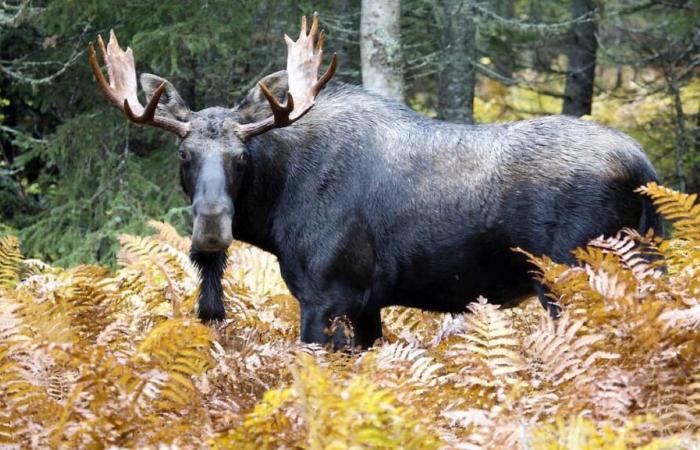At my daughter’s elementary school, on the Friday before the opening of the hunt, there is a small sea of fluorescent orange in the playground. In addition to the traditional morning messages, a moose calling competition was added that day.
For two weeks, the “udders, have you killed?” replace the “how are you?”
Hunting widows gather. And at 11 a.m., for more than 40 years, we tune into local radio for the show The hunter’s meeting. An hour of calls to communicate in the woods, where there is only the radio blaring.
Serious threat
However, we learn in a recent study that this part of our history could well be aborted much more quickly than we think.
The winter tick is increasingly enjoying our milder winters and our complacency in fighting climate change effectively.
It clings to deer by the thousands to drink their blood until it siphons half of their bodies, sometimes killing up to 90% of the calves. And every year, it progresses into new territories.
Ritual from us
In many regions of Quebec, hunting is a sacred fall ritual. When we think about our culture, without falling into clichés, we can say that it’s a big piece.
When the world takes to the woods for two weeks, bib on their back, it’s not just to kill game, it’s also for reconnection. With silence. The smell of wet leaves. The cry of cranes and bustards.
In the escalation of the threat to Quebec identity, we don’t talk much about these things. Immigrants, asylum seekers, it’s a lot easier. We can point the finger at them and put them on trial in the public space so that they understand that they are not welcome.
Intimidating a tick is a different story.






